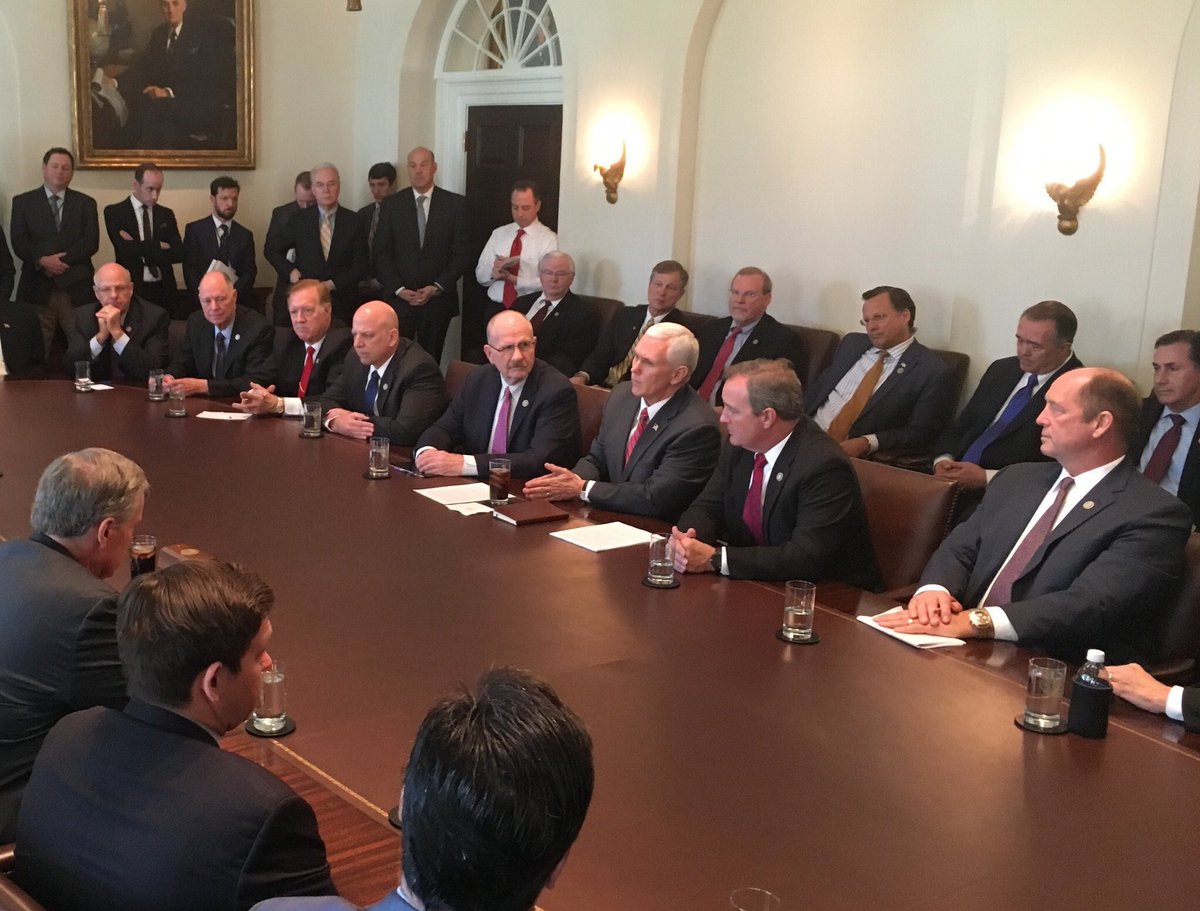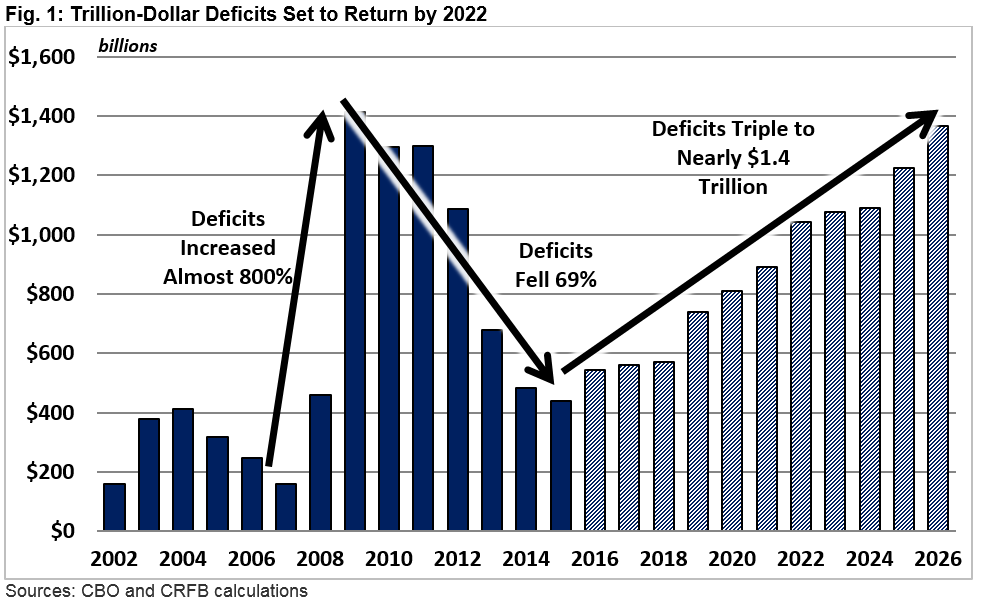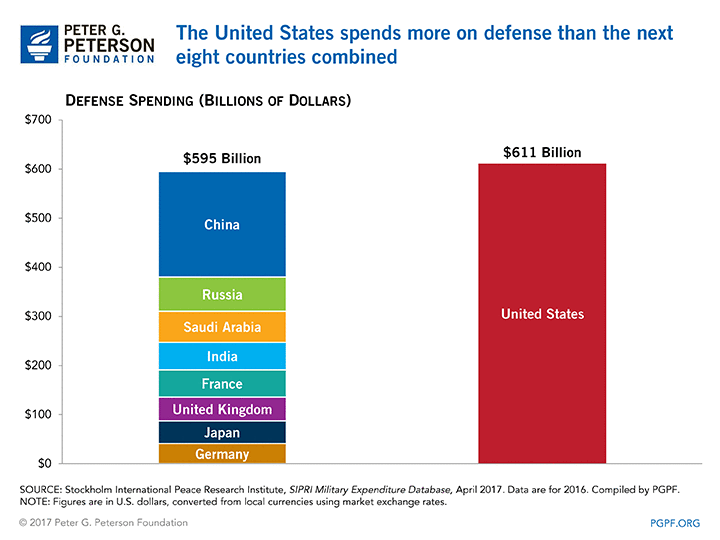Whites standing up in support of a policy changes the dynamics of the conversation.
- sociologist Judy Lubin, explaining ObamaCare's rising popularity
I hadn't planned to do a featured post, but once the rhythm of a poem gets into my head, the only way to get it out is to write it down. So Saturday morning I posted a special edition: "Donnie in the Room". It's a poetic retelling of the TrumpCare debacle modeled on "Casey at the Bat".
This week everybody was talking about the failure of TrumpCare
After scheduling a vote Thursday (to coincide with the seventh anniversary of Congress passing ObamaCare), Speaker Ryan delayed until Friday, and then cancelled it altogether, recognizing that he didn't have the votes. TrumpCare is dead. ObamaCare will continue -- at least until HHS Secretary Price can strangle it with administrative changes. ObamaCare is not in fact "crashing" or "a disaster" as Trump keeps claiming, but it is vulnerable to sabotage from the top.
Still, the demise of TrumpCare is good news, especially if you're on Medicaid or get a subsidy to buy insurance on an ObamaCare exchange. Your risk of dying in the next few years just went down. (It's still too soon to draw that conclusion directly from ObamaCare data, but the RomneyCare prototype has been around longer, and is saving lives.)
There are any number of articles out there about the finger-pointing within the GOP. Trump, of course, never accepts blame for anything, which is one of his major failings as a leader (not to mention as a human being). Sometimes a leader has to volunteer for blame, even if s/he doesn't entirely deserve it, just to end the recriminations and get everybody moving towards the next goal. Great sports coaches do this all the time, but Trump is incapable of it.
If Republicans are looking for something to blame, though, I would suggest an attitude rather than a person. For years, they've been pushing the idea that compromise is just weakness and corruption, and their voters have picked it up. By now, it should be no surprise that they're not only unable to compromise with Democrats, but with each other.
What's striking in the larger context is how quickly Trump is disproving all the arguments his supporters made in the fall.
Almost everybody recognized back then that he wasn't a detail guy and couldn't measure up to Hillary on a wonk scale. But that wasn't supposed to matter, because he'd run the government like a business. (You don't expect the president of GM to design cars, or the chairman of Exxon-Mobil to be much use on a drilling rig.) Trump didn't have to know anything in particular, because he'd surround himself with the "best people", people who had mastered all the stuff he couldn't be bothered with.
That fell apart as soon as he started naming his cabinet and other top advisors. The headline there is foreign agent Mike Flynn as national security advisor, but up and down the ladder (with only an occasional exception) Trump's people are unqualified, inexperienced, and often quite ignorant of the segment of the government they're supposed to be running. (Fox News seriously made the case that Betsy DeVos' ignorance is a virtue. Apparently, you can reform a system better if you have no idea how it works.)
The other thing Trump supposedly had going was that he was the great deal-maker. He came from outside the usual partisan battle lines, so he could break through the gridlock and get things done. But now, in his first test, he embraced a bunch of stale Republican ideology, made no attempt whatsoever to get Democrats on board, and then couldn't even hold the Republicans together. It was a great example of The Art of No Deal.
His supporters also liked the idea that he "tells it like it is". Well, his reaction to his defeat on healthcare was to lie: "I never said repeal it and replace it within 64 days. I have a long time." Actually, what he said over and over was that he'd repeal and replace immediately. No one listening to his campaign speeches could have imagined that he intended to take "a long time".
Here's what we all should have learned from Trump's business career: He sells people a bill of goods, doesn't deliver, and then claims he never promised what he promised. (Ask someone from Trump U or from Atlantic City.) That pattern is holding true.
I can't claim I predicted this exact outcome, but I will take credit for being consistently skeptical of the Republican caucus' ability to find unity. Back on January 9 I wrote:
the replacement plan doesn’t even exist yet, and it’s not at all clear that Republicans can agree on one, even among themselves. They’ve had seven years to concoct a plan; it’s a mystery why the 8th or 9th year would be the charm.
One last-ditch concession to conservatives was to eliminate the "essential services" requirement that ObamaCare imposed on health insurance policies, many of which specifically affect women. Matt Yglesias annotates a photo originally tweeted by Vice President Pence: "The group proposing to cut breast cancer screening, maternity care, and contraceptive coverage."
Slate's Jordan Weissmann explains how that change would give insurance companies a work-around so that they could avoid covering people with pre-existing conditions, or anybody likely to get sick:
Without any minimum benefit requirements to get in the way, carriers will be free to offer bare-bones plans that don't cover the needs of your typical 50 or 64-year-old. Carriers wouldn't reject anybody outright—they would just make sure not to sell health plans that might accidentally appeal to an unprofitable customer. I'd expect to see carriers start offering a whole lot of "insurance" that covers one night in the hospital and some antibiotics with maybe a gym discount thrown in to lure Millennials.
Those are extremely perverse incentives that would warp the insurance market in some very ugly ways. Not only would sick people not be able to find the health plan they need, but relatively healthy and well-off customers looking for more comprehensive care like you'd typically get from an employer might have nothing to choose from but junk coverage designed to scare off the ill, or very expensive plans designed to compensate for the cost of caring for them. If you're a successful self-employed contractor with a nice roofing business, neither of those options probably sounds too appealing.
The idea that you can lower premiums by eliminating men's pregnancy coverage or women's prostate cancer coverage shows an appalling ignorance of how insurance works. Premiums have to be high enough to cover the risks of the entire pool, so if you haven't changed the number of pregnancies or prostate cancers the insurance company has to cover, you haven't changed the amount of money it needs to collect.
So now the administration moves on to tax reform, which it imagines will be simpler. I like this suggestion for the Democratic slogan: "No tax return, no tax reform." We should at least know how much Trump personally profits from his tax plan before Congress votes on it.
and the ever-growing Trump-Russia scandal
A week seems like a very long time in the Trump administration. Just last Monday, James Comey from the FBI and Mike Rogers from the NSA testified to the House Intelligence Committee. We learned that the FBI had been investigating illegal Russian interference in the 2016 election and the possible collusion of the Trump campaign since July. Also, neither agency had any evidence that could support Trump's claim that Obama had wiretapped him. The top Democrat on the committee, Adam Schiff, summarized the circumstantial evidence that leads him to conclude that a broad investigation is necessary. The next day, Schiff claimed that there was "more than circumstantial evidence", but said he could not spell it out in public.
We then saw that committee, which is usually a model of bipartisan cooperation, dissolve into partisan rancor. Wednesday, Republican Chairman Devin Nunes went to the White House to brief Trump about information that he has not shared with his committee, and seemed to give cover to Trump's surveillance claims (though actually, his information doesn't validate Trump).
Many Democrats, plus Republicans like John McCain, said that Nunes' actions cast doubt on the impartiality of the committee's investigation, and called for a special committee or independent commission to investigate the Trump/Russia issue.
Another development: It has been known for a long time that former Trump campaign chair Paul Manafort lobbied for the pro-Putin former government of Ukraine. This week we found out that Manafort had a $10 million contract with a Russian billionaire closely tied to Putin, and had offered a plan to "greatly benefit the Putin Government".
Press Secretary Sean Spicer has been trying to distance Trump from Manafort, claiming that the man who was campaign chair for several months leading up to the Republican Convention "played a very limited role for a very limited amount of time". He has also described Trump's disgraced National Security Advisor Mike Flynn as a "volunteer" on the campaign. I'm not sure who this is supposed to fool.
and the Gorsuch hearings
In a normal administration, the pending Supreme Court nomination would be dominating national politics, but I found it hard to watch much of the Senate Judicial Committee's questioning of Supreme Court nominee Neil Gorsuch. It seems beside the main point, which ought to be: Why are we having this discussion at all? We're having it because Senate Republicans stole this seat from President Obama and delivered it to President I-lost-the-popular-vote.
The conversation I want to hear is how we're going to repair the damage this whole process has done to our democratic norms and to the credibility of our judiciary. Skipping that conversation to discuss Gorsuch's judicial philosophy or character or previous decisions just doesn't interest me.
I assume that Gorsuch (or someone indistinguishable from him) will eventually be approved somehow, either because Democrats allow it or because Republicans change the rules to break a filibuster. And at that point, whatever his personal virtues and vices might be, his presence will taint the Supreme Court and its decisions for decades.
but I don't know how serious a development the protests in Russia are
From the BBC:
Thousands of people joined rallies nationwide, calling for the resignation of Prime Minister Dmitry Medvedev over corruption allegations.
At least 500 other protesters were detained in the capital and across the country.
Most of the marches were organised without official permission.
TV pictures showed demonstrators chanting "Down with [Russian President Vladimir] Putin!", "Russia without Putin!" and "Putin is a thief!".
Does it go somewhere from here, or get suppressed?
and you might also be interested in
Thursday, the GSA's Kevin Terry ruled in favor of his boss: The Trump Organization is not in violation of its lease of the Old Post Office in Washington, D.C., which it has turned into the Trump International Hotel. The lease says:
No member or delegate to Congress, or elected official of the Government of the United States or the Government of the District of Columbia, shall be admitted to any share or part of this Lease, or to any benefit that may arise therefrom
According to the GSA, the Trump organization wrote an amendment saying that all revenues from the hotel will stay with the hotel — and not flow to the president’s trust company.
The watchdog group Democracy 21 comments:
Trump still remains the owner of the hotel. The hotel profits will accrue to Trump’s benefit as the owner of the hotel and thus “benefits” will accrue to Trump in violation of the provisions of the lease.
The GSA ruling is nonsense.
It's like claiming that Microsoft didn't benefit Bill Gates until it started paying dividends to stockholders in 2003. He benefited because the corporation he owned became more valuable, even if it wasn't paying out profits to him yet.
I tried to give the GSA the benefit of the doubt by reading its 8-page ruling, but all it does is flesh out the details of Democracy 21's description, listing the names of the various Trump-family trusts that own the hotel and giving the history of the back-and-forth between the Trump Organization and the GSA.
It also makes the case that the lease as a whole is working out well for the government, turning a wasting asset into a rent-producing property. Even if that is true, it's not relevant to the issue at hand. Even if it was a good idea for the government to let a private developer do something with the Old Post Office, that doesn't excuse violating the conditions on the lease, or explain why it's a good idea for the President's net worth to be tied to a government contract he himself ultimately oversees.
In short, this looks like corruption to me. It is disturbing to see the GSA get enmeshed in the Trump family's self-dealing.
The Toronto school system and Girl Guides of Canada have both started avoiding trips to the United States. Because of Trump's proposed travel ban and various other problems Canadians with the "wrong" racial or religious profile have experienced at the border, the Guides say "While the United States is a frequent destination for Guiding trips, the ability of all our members to equally enter this country is currently uncertain." And Toronto's Board of Education echoes: "We strongly believe that our students should not be placed into these situations of potentially being turned away at the border."
Last week I talked about the too-much-news phenomenon that causes all of us to miss stuff. One thing I missed last week was the Confederate flag protest outside the NCAA basketball tournament in Greenville, South Carolina: People who take pride in that symbol of racism and slavery flew the stars-and-bars from a parking garage that was visible to everyone who entered the arena.

I wrote about the flag in detail in 2015 after the Charleston church shooting drew attention to violent white supremacists who see the Confederate flag as their symbol. But I'll restate that article's thesis briefly: Sometimes symbols develop an objective meaning, independent of your desire to express something else with them.
Theoretically, a German-American like me might fly a swastika to express pride in German culture. You know: Goethe and Kant, or the scientific tradition of Leibniz and Heisenberg, or maybe the millions of brave German soldiers who weren't Nazis, but fought heroically under that flag to defend their homes and families. (I've never checked, but I'm sure there must have been Muders among them.) But whatever I might intend my swastika to mean, everyone who saw it would read it differently, as expressing pride in anti-Semitism and genocide. And because I'm rightfully ashamed of that part of my German heritage, I don't even consider flying a swastika.
So if you're a Southerner who is justifiably proud of the South's outstanding literary tradition, or the role Southerners played in founding the American republic, or country music, or cornbread and molasses, or the beauty of the Southern countryside -- that's wonderful; I would never want to take that away from you. But the Confederate flag says racism and slavery, and your wish that it say something else is futile. Whatever you intend when you display it, what it represents is shameful.
On the other hand, if you do take pride in the South's tradition of racism and slavery, carry on. You have freedom of speech, so why not say something despicable?
The White House denies reports that Trump gave Chancellor Angela Merkel a bill for the $374 billion he claims Germany "owes" for not meeting NATO guidelines on defense spending. The Times of London had attributed the story to anonymous sources in the German government.
But this is where the administration pays a price for its constant lying about not just serious matters, but trivialities like the inauguration crowd: Do the White House denials carry any weight? When even The Wall Street Journal is so fed up with Trump's lack of "respect for the truth" that it compares him to a drunk clinging to an empty gin bottle, and warns he might become "a fake president", couldn't anybody claim anything about the Trump administration now?
Countries all over Europe are producing humorous messages to Trump like this one from the Netherlands:
In fact, the whole world is joining in, and their videos are collected on one web site.
and let's close with something completely different
"Twenty Toes", a combination of juggling, contortionism, and simple graceful movement.












/cdn0.vox-cdn.com/uploads/chorus_asset/file/8084087/Trump_russia_scandals_chart.jpg)
